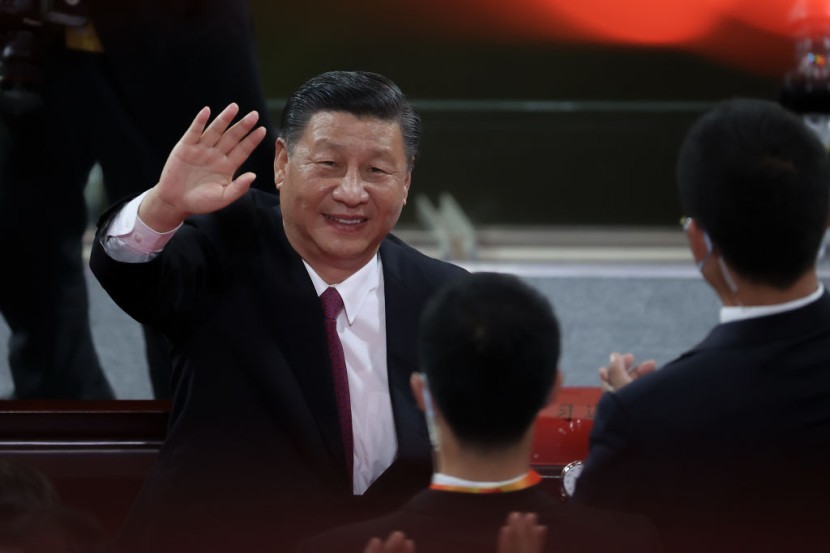
Chinese officials led by President Xi Jinping vowed to punish residents who would be found guilty of disrespecting historical and political figures in the country.
According to reports, China first announced the law in 2018. However, criminal charges were also included as part of the law in March of this year.
As of press writing, 15 people have already been punished for criticizing or mocking historical figures in the country.
Chinese nationals urged to reports those that violate the law
With the help of the Cyberspace Administration of China, citizens are encouraged to report individuals that they believe violated the law online.
Jinping and the Chinese Communist Party (CCP) want to be an end to all the rumors surrounding their historical figures. Some topics that are not allowed to be discussed online have to do with Mao Zedong's long march, as well as the death of his son, Mao Anying.
However, the move to further censure Chinese individuals has been criticized.
China follows in North Korea's footsteps
Gordon Chang, said that this shows that China is no longer authoritarian. Instead, they can be considered semi-totalitarian because of what they're doing.
"I don't think [Xi] has been able to successfully move China all the way back to totalitarianism. It's kind of a semi-totalitarian state, and this move to criminalize criticism of communist party icons is part of that," Chang told Fox News.
In the past, Chinese nationals were granted freedom of speech online. But with the new law, they will no longer be allowed to talk about controversial matters.
One downside to China's demands for censorship and control has been dubbed as self-wounding. After all, it shows some similarities with how North Korea wounded itself with their strict control and limitations, according to Newsmax.
Chinese nationals should practice self-censorship
Dean Cheng, a senior research fellow at the Asian Studies Center, said that China's new law isn't surprising. The biggest issue is that the officials are trying to control everything down to the smallest tweets of residents.
Cheng said that what Chinese nationals should consider doing is self-censorship because this will make the job much easier.
15 individuals arrested since March
One of the women being punished by Chinese authorities wrote a post where she complained about mobs gathering online.
According to New York Times, the woman's post seemed harmless at first. But she added another angle to her rant. She mocked the toxic masculinity of users that are likening themselves to Dong Cunrui, a war hero.
Cunrui reportedly died valiantly during the civil war that brought the CCP into power in 1949.
The 27-year-old woman was sentenced to seven months in prison because of her social media post.
In April, a 19-year-old man from Nanjing was charged after he made sly comments about the victims of the Japanese massacre in 1937.
A 63-year-old man was also charged for mocking Navy fighter pilot, Lt. Cmdr. Wang Wei.
Several others were arrested and charged in May of this year following their comments about other historical figures.
Chinese officials insisted that the law is necessary to fight historical nihilism. But several others do not agree.








